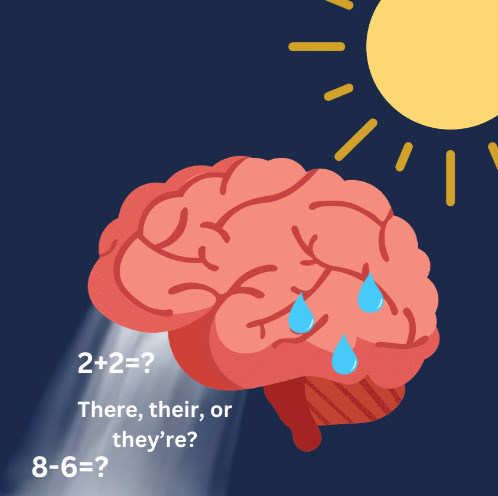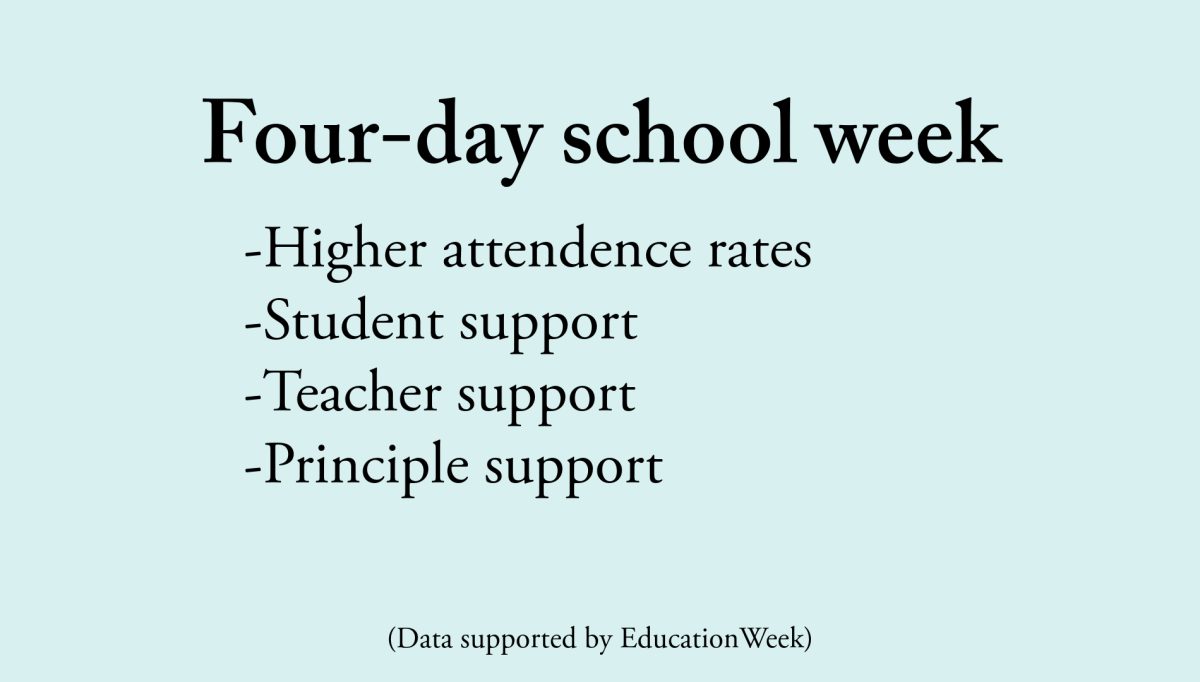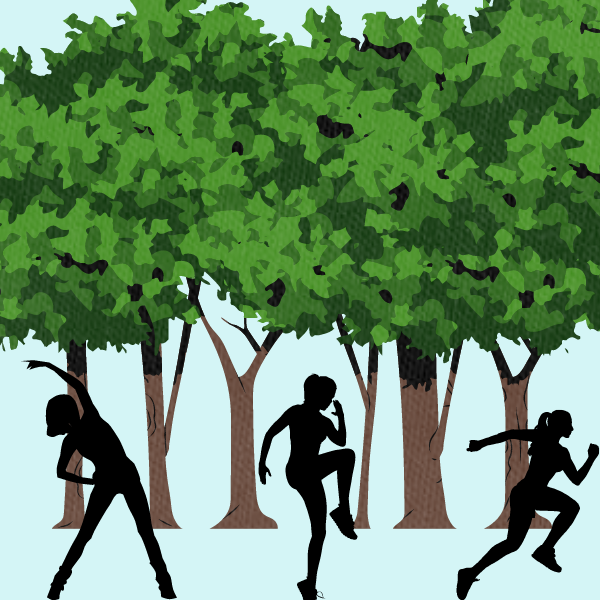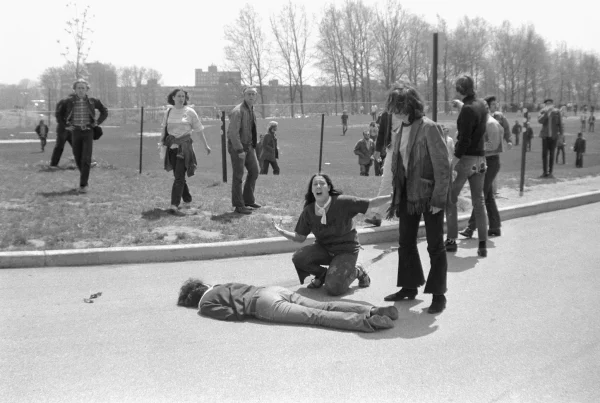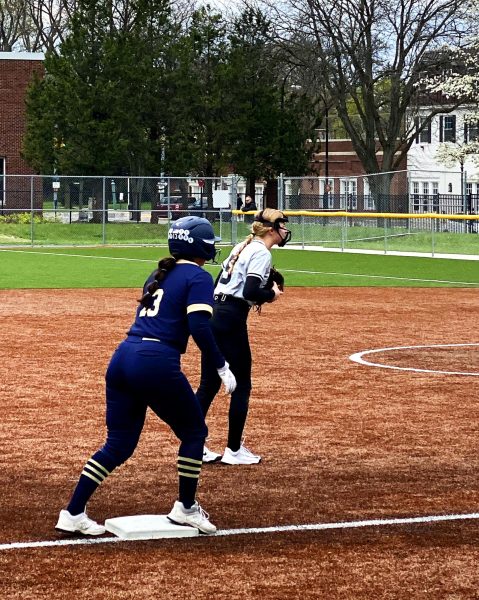The stress to impress
Homecoming season uprooting conflicts with students’ self esteem.
September 26, 2018
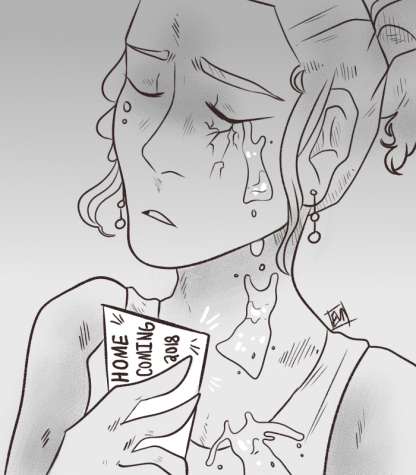
The evening of the annual Homecoming Dance is a teenage sport, characterized by the sucking-in of stomachs and the subsequent exhales once the zipper finally takes. Toes are bandaged in anticipation of blisters, an overwhelming amount of shiny-faced photos are captured, and groups of friends fantasize about the upcoming night as though it were an adolescent right of passage.
The smudged lipstick and empty tissue boxes were cleaned up before the pre-parties even began– this is a bittersweet accomplishment.
“The movies portray (Homecoming) as a big important event,” Grace Irla ’20 said. “It seems more like a beauty contest now, rather than a fun event with your friends.”
With South’s Homecoming on the horizon, students are less focused on having a memorable night, but rather their fears and insecurities regarding their appearance, clothing, and relationship status.
“If you don’t look your best, you’ll be judged. It’s a constant part of being a teenager.” Campbelle Stencell ’21 said.
Stencell went on to express her concerns towards the beauty standards harbored at South alone, with the student body as a whole possessing a somewhat strict image of what is seen as acceptable.
“You can’t wear certain clothes because you’ll look too extra, and you can’t wear certain clothes because you’ll look too basic. There’s no room for your own happiness.” Stencell said.
PubMed, a medical resource archive, affirms that the perceptions of body image and physical appearance are already prevalent in those as young as ten years old, regardless of gender.
“The self esteem issue doesn’t just affect girls, it affects boys too,” Nina Simon ’21 said. “Asking someone out, getting dressed up, and going to a dance can be extremely stressful, and it’s terrifying to think about rejection.”
Despite the female-centric narrative that clouds society’s understanding of eating disorders in young adults, about one in four cases of physical insecurities resulting from a mental illness are found in males, according to The Huffington Post. The accompanying unrealistic goals for one’s body are often a direct result of a desire to be seen as societally ideal; while thinness may be the overarching expectation of women, men are similarly encouraged to be traditionally– and highly– masculine.
“The climate is extremely intimidating,” Irla said. “Homecoming isn’t just a dance anymore; it’s a stage to be judged on.”












